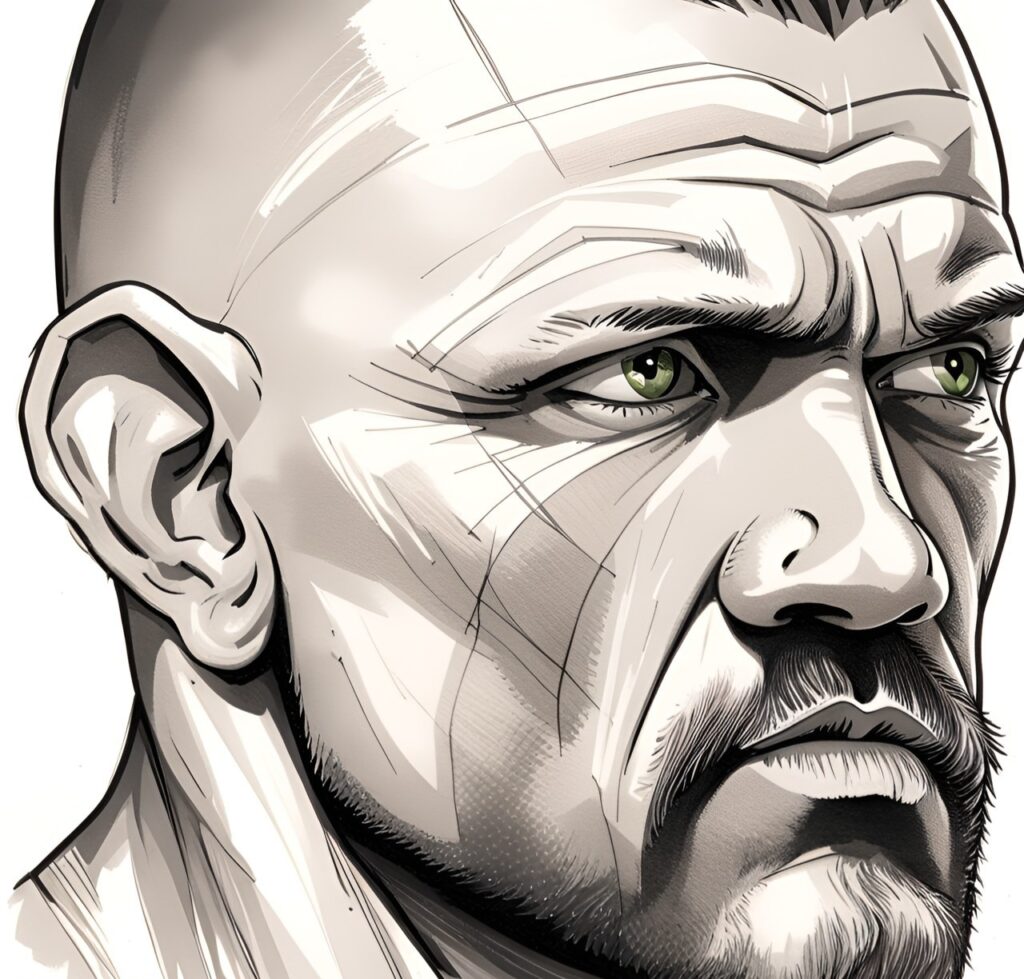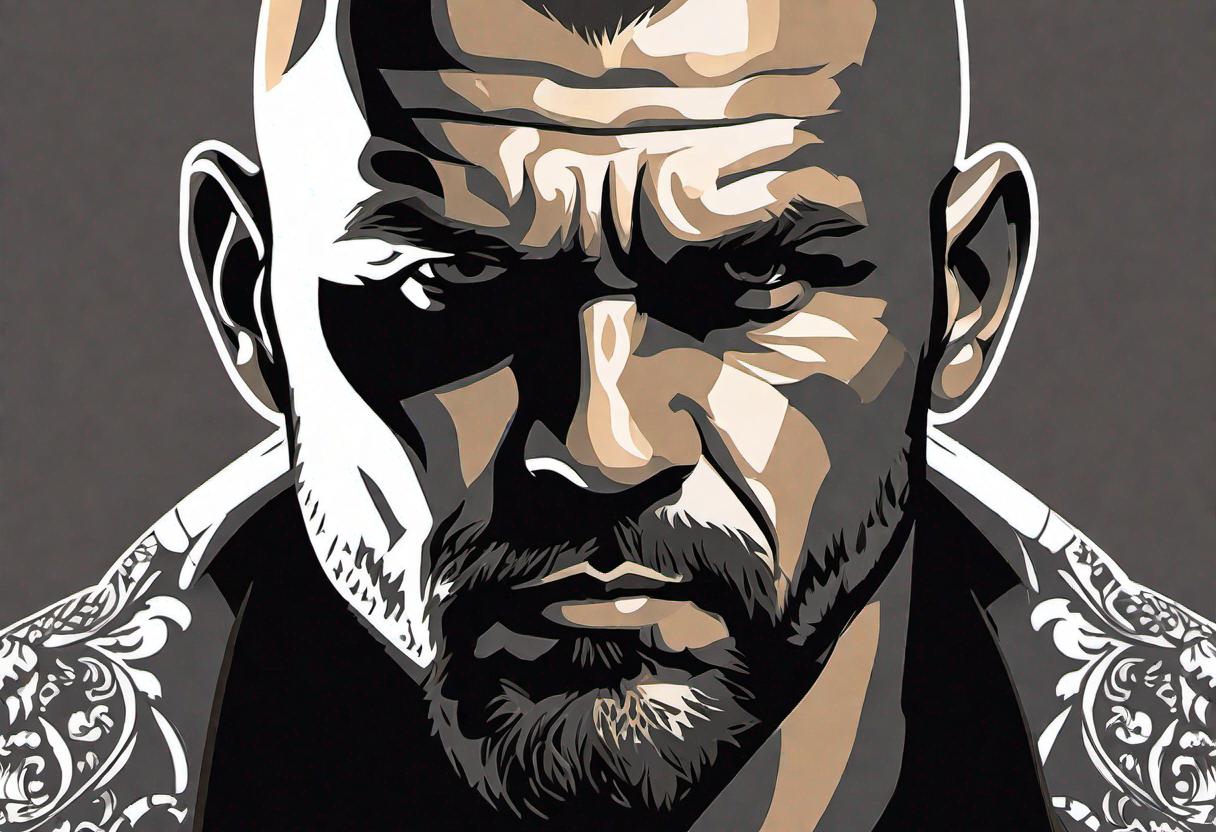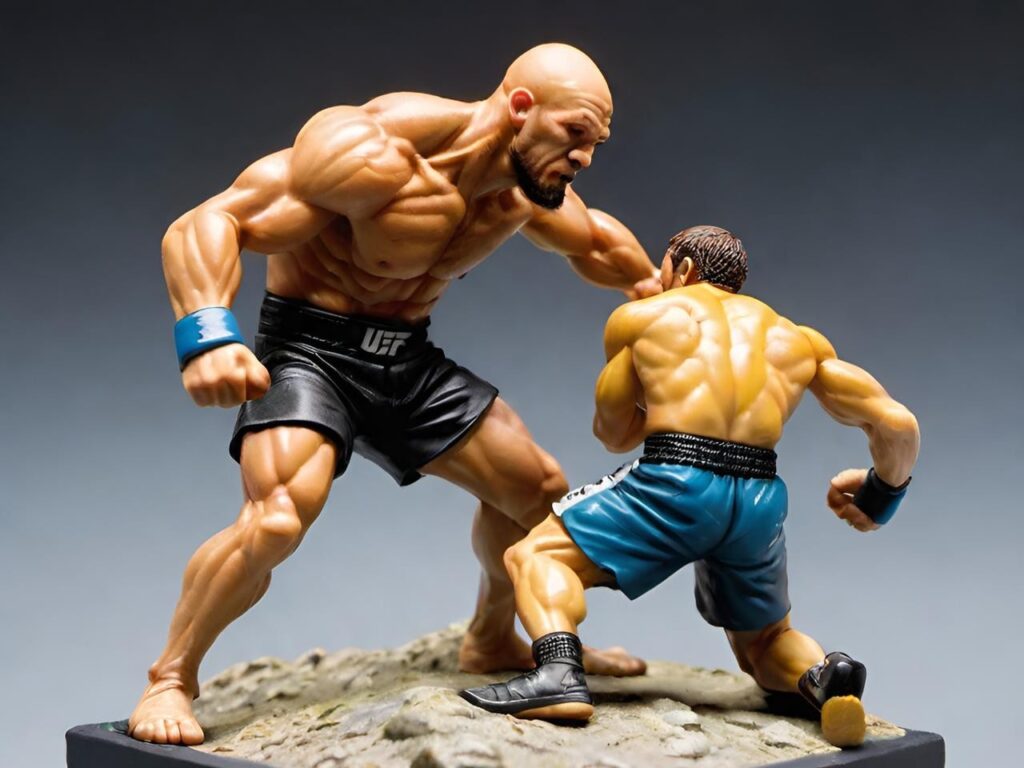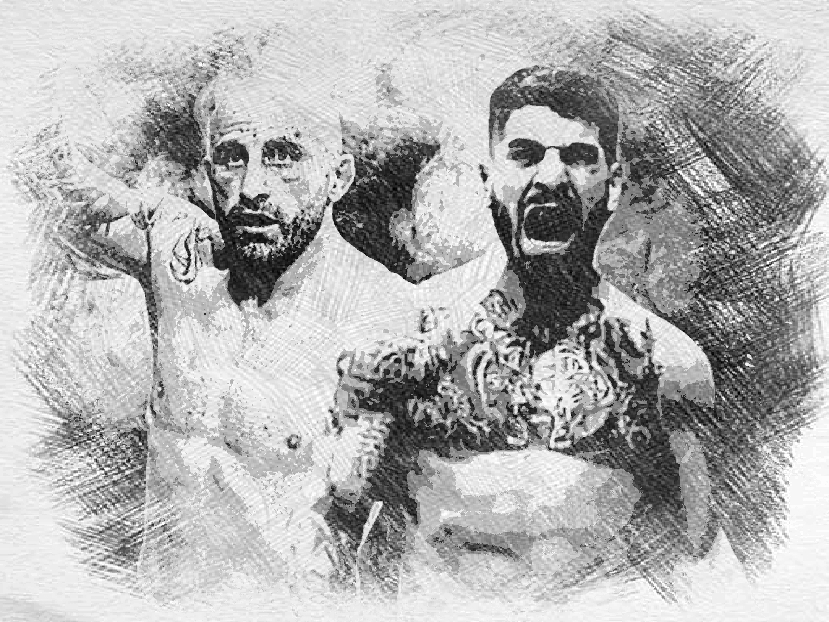Chronic Traumatic Encephalopathy (CTE) has become a growing concern in combat sports, particularly among aging UFC fighters. CTE is a degenerative brain disease associated with repeated head trauma, and its long-term effects have raised significant questions about the safety and well-being of professional fighters.
CTE is a neurodegenerative disease characterized by the accumulation of an abnormal protein called tau in the brain. It is caused by repetitive head impacts or concussions. Over time, these repeated injuries lead to the progressive deterioration of brain tissue, resulting in a range of symptoms, including memory loss, confusion, mood swings, and cognitive decline. CTE can only be definitively diagnosed postmortem, making it challenging to fully understand its prevalence and impact.
Combat Sports and CTE
Combat sports, including mixed martial arts (MMA) and UFC, involve intense physical contact and repeated blows to the head, making fighters particularly susceptible to head trauma. While the UFC has implemented safety measures and regulations to reduce the risk of head injuries, the nature of the sport still poses inherent risks. Studies have shown that professional fighters, especially those with a long career, are more likely to develop CTE due to the cumulative effects of repeated head trauma.
The Aging UFC Fighter and CTE
As UFC fighters age, the impact of accumulated head trauma becomes more apparent. The long-term effects of CTE can manifest in various ways, including cognitive impairment, motor dysfunction, and behavioral changes. Many retired UFC fighters have reported symptoms consistent with CTE, such as memory problems, depression, and difficulties with impulse control. The progression of CTE in aging fighters underscores the importance of monitoring and addressing the potential risks associated with combat sports.
The ex-wife of former UFC light heavyweight champion Chick Liddell, believes he suffers from this disease.
He can’t remember stuff and gets stuck on speech. He’s going to have dementia or Alzheimer’s. He has terrible sleep apnea.
Chuck Liddell’s ex-wife

Research and Prevention
Researchers and medical professionals are actively studying CTE to better understand its causes, progression, and potential treatments. Advances in neuroimaging techniques and biomarker research offer promising avenues for early detection and intervention. Additionally, efforts are being made to improve safety measures in combat sports, such as enhanced protective gear, rule changes, and increased awareness of the long-term consequences of head trauma. Education and prevention programs are crucial in minimizing the risk of CTE among UFC fighters.
Conclusion
CTE is a serious concern for aging UFC fighters, with its long-term effects posing significant challenges to their health and well-being. As our understanding of CTE improves, it is essential to prioritize the safety and long-term health of combat sports athletes. Continued research, enhanced safety measures, and increased awareness of the risks associated with head trauma are vital in mitigating the impact of CTE. By taking proactive steps, we can strive to protect the physical and mental well-being of UFC fighters and ensure the long-term sustainability of the sport.




